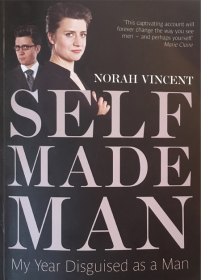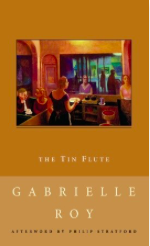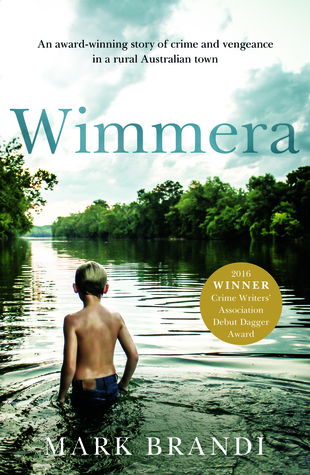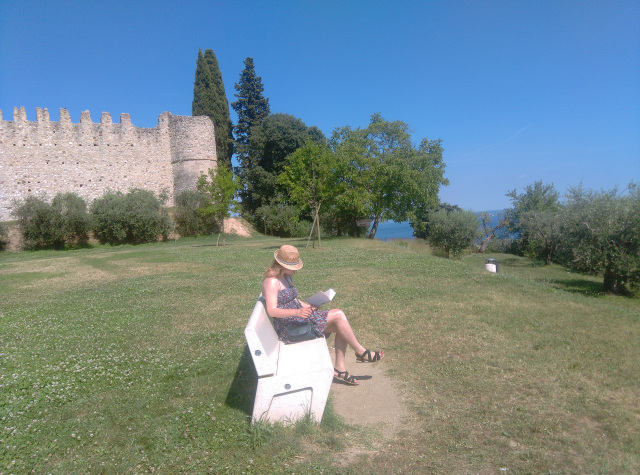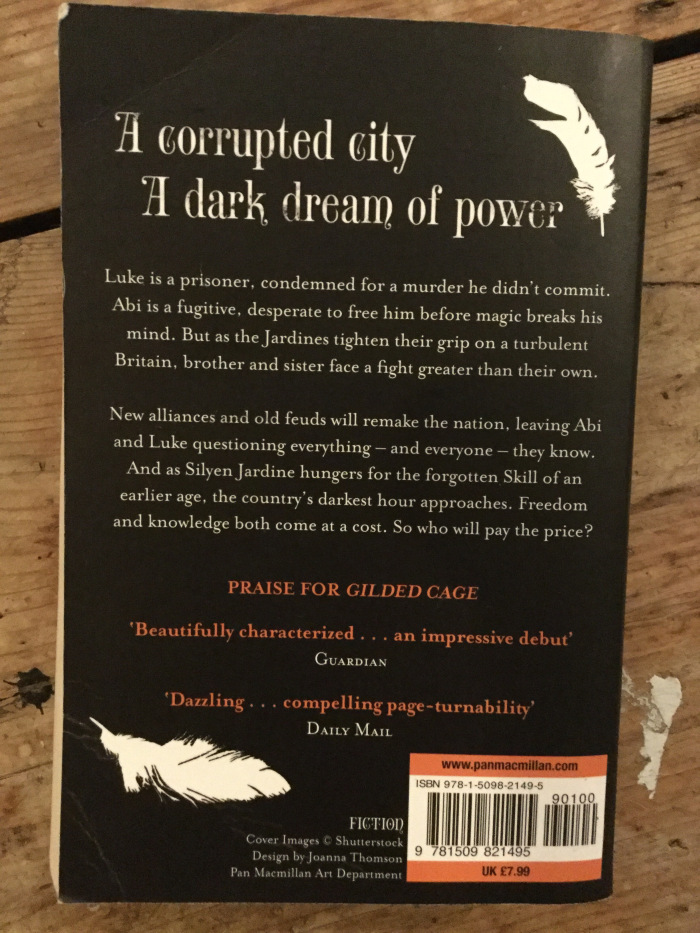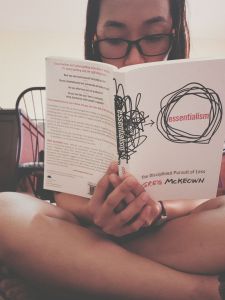 She said I was the only librarian she knew who didn’t like books.
She said I was the only librarian she knew who didn’t like books.
It was 2011. I just weeded out ALL the old textbooks from the school library. (Come on. One title had like a gazillion copies rotting in perfectly usable shelves and nobody had read them in the past year.) Then the principal claimed I didn’t like books. In my bitchbrain, I Anton Ego-ed (my favorite character in “Ratatouille”), “I don’t like books; I love it. If I don’t love it, I weed it.” Then I told the kids, “That means she doesn’t know a lot of librarians.”
Because librarians take up selection and acquisition.
I wasn’t a good student in college but I guess UP trained me well in this area of librarianship because even in other aspects of my life, I am a selector. I have a carefully crafted set of criteria that I (almost always) strictly follow.
Thus, you can call me an essentialist.
“Essentialism,” says Greg McKeown, “is not about how to get more things done; it’s about how to get the right things done. It doesn’t mean just doing less for the sake of less either. It is about making the wisest possible investment of your time and energy in order to operate at our highest point of contribution by doing only what is essential.”
“Essentialism,” Patti follows up, “is my new favorite book.” In fact I’ve read it three consecutive times already. Here’s three of what I learned:
1. Be Clear with Your Intent
Years ago, I had a book by the UP professor, TV host, comedian, and Internet action star Ramon Bautista. It’s hard to believe a book that’s primarily meant as entertainment would teach me something I would apply for the rest of my life: halamanization.
From the root word “halaman”. ‘Yan ay ang pag-convert ng sarili mo para ikaw ay maging halaman: nilalang na walang feelings, walang emosyon at walang kalibog-libog sa katawan. Magcoconcentrate ka sa non-love aspects of life.
(“From the root word “halaman” (plant). This means converting yourself to become a plant: a creature with no feelings, no emotions, and absolutely no lust in your body. You concentrate on non-love aspects of life.”)
Thus halamanizing I did. I decided at once that love – specifically romantic love – is not a life goal. If God thinks I am for marriage, thank you. If not, thank you too. Either way I won’t lose sleep on that. Thus I stopped reading romance and immersed myself in non-fiction. I stopped watching sweet flicks. I practically stopped being a fangirl. You can ask the kids: Ericka even thought I didn’t have feelings. Through time, I came up with a list of things I consider important in my life, in this particular order:
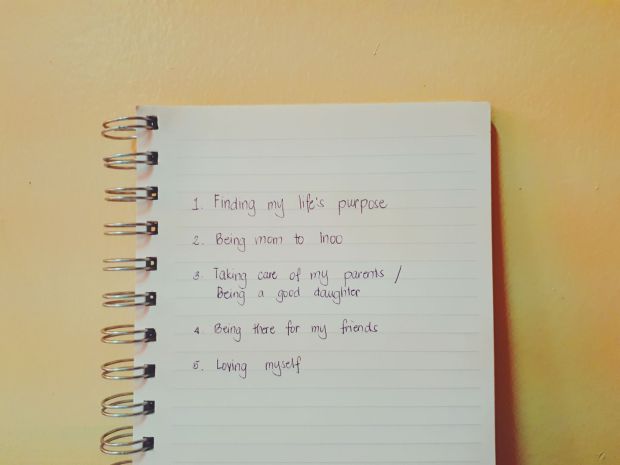
Notice what’s missing? Work. Money. Travel. Marriage. (God is NOT missing. Father Peter said God should not be separated from any aspect of our life.)
These goals guided the course of my life for the past years. I’m glad I explicitly made this list. Everything I am now is because of this list.
2. There are Trade-offs
In the course of fulfilling my intent, I had to pass off opportunities – “even good ones,” as McKeown said – because they will cause me to stray off the path. For example, to fulfill goals 2 (being a mom Inoo) and 3 (being a good daughter), I refused the invitation to become a nun.
It was a hard decision, mind you. The thought that staying with Inoo and my parents meant I am choosing them over God was the most bitter pill to swallow. In the end, though, I know that I am not going to be as happy if I left my loved ones and went to the convent half-heartedly. I accepted that and now I have no doubt that I made the right decision.
On another note, loving myself entailed facing the list of things I hated about myself: my ptosis of the eyes, my weight, my skin, the dullness of my job, my fear of public speaking. Then I made two more lists, and what I will do to solve them:
- How to Solve: None. Just accept God’s design.
- Trade-offs: None.
- How to Solve: Nothing. That comes with the routine.
- Trade-offs: None.
- How to Solve: Change my eating habits (it helped I had become vegetarian at this point), exercise, drink lots of water, have enough sleep
- Trade-offs: Have to say ‘no’ to my omnivore parents, have less time for other extra activities, can’t watch too much TV anymore
- How to Solve: Start using natural and organic products, change my eating habits, lose weight, drink lots of water, sleep
- Trade-offs: Can’t eat food cooked by my omnivore parents, have less time for other extra activities, can’t watch too much TV anymore
- How to Solve: Find my priority (marketing and advocacy), collaborate with co-workers, love my clients
- Trade-offs: Didn’t pay as much attention to technical work
- How to Solve: Start talking, serve as a reader in church, accept hosting tasks at work
- Trade-offs: None. Except church service means less time for extra activities
In short, if I want something done, I have to accept that I have to let some opportunities to pass me by – especially opportunities that will delay me from reaching my goals. For example, I opt out of conferences that are focused on the technical aspects of librarianship. Instead, the training I choose are more on management.
And you know what? Doing that is starting to pay off.
3. “Priority” is Originally Singular
This is probably the best lesson I’ve read my whole life. Apparently, the term “priority” only became plural in the 1900s, as if, as McKeown puts it, by adding s we can change reality. Truth is, we can’t have multiple priorities because that means we don’t have any priority.
Francis and I had been planning on going on a date to the National Museum Planetarium since April but we don’t seem to find time. We’re both working 8 to 5 so of course weekdays are off the choices. Sundays are not good too because we’re both serving at church. (He now has six services on Sundays.) He’s even joining the Knights of Columbus. Even Saturdays are off-limits now since we’re both in the Neocatechumenal Way community. Then we planned to do it on Saturday, May 20, and just excuse ourselves from the liturgical celebration. But I remembered May 20 is the christening of my goddaughter Francine and I wouldn’t miss it for the world. May 20 is also Francis’ mom’s birthday.
At first, I was really pissed off that the universe seems to conspire against our date. But thinking about it, would I really have enjoyed being at the Planetarium and missing my goddaughter’s baptism? And would Francis have fully enjoyed our date knowing he should be with his mom? No.
It turns out my priority for May 20 is Francine. Her baptism will happen only once. His priority is his mother’s birthday. Nothing else would be more important than that. Reading this lesson made me realize that if I pursue things that are not the most important at the moment, I will not be happy.
I can write about this book and what I’ve learned from it for ages but I will stop here. After all I also learned that I should know when enough is enough.
For the recommendation? Five stars!
Advertisements Share this:
